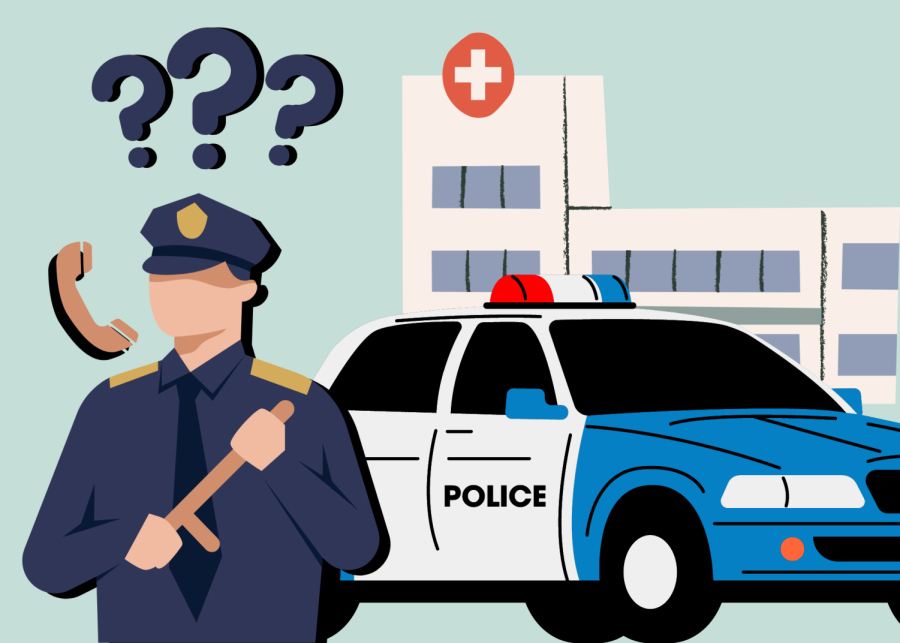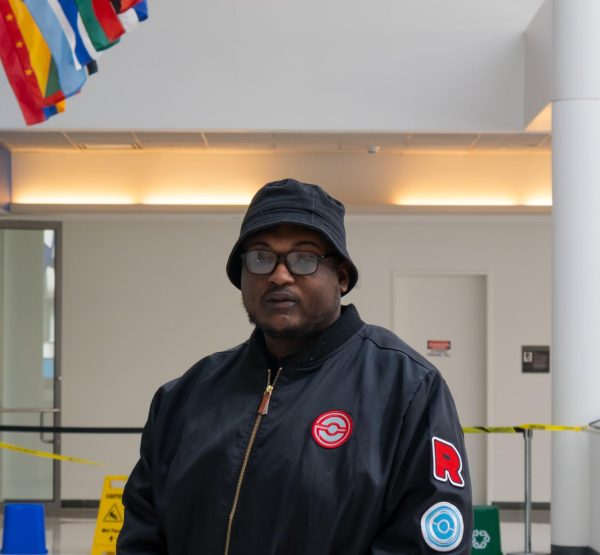Cop hotline is a necessary feature of a flawed initiative
February 20, 2023
Last year, Mayor Adams issued a directive to the NYPD and first responders empowering them to “involuntarily transport” people exhibiting acute mental illness symptoms to hospitals.
More recently, Adams has announced a hotline NYPD officers can contact when considering how to respond to individuals with presumed medical needs.
While the initial directive will do little to combat the mental health crisis in New York City, this hotline is a necessary precaution in ensuring there are no gross abuses of power or unnecessary removals.
Many are rightfully wary of such authority being placed in the hands of the police. New Yorkers deserve a safe and humane response to the ongoing mental health crisis and the hotline is a step in the right direction.
During a recent City Council hearing, Deputy Director of Mental Health Initiatives, Crisis Response and Community Capacity Jason Hansman did not mention who will be staffing the hotline.
Police officers may not be equipped with the medical knowledge required to evaluate the severity of an individual’s mental health or may not know how to react appropriately. Unless law enforcement officials are CIT trained, they’ll likely be unsure of the right course of action.
Research indicates that CIT contributes to improved officer attitude toward mental illness. In Memphis, CIT resulted in an 80% reduction in officer injuries during mental health crisis calls.
Some communities have even reported that CIT has reduced an officer’s response time to a call. Thus, mandating officers to undergo CIT-training, as well as introducing the hotline, might allow the mayor’s directive to be more effective.
According to the National Alliance on Mental Illness, 21% percent of U.S. adults experienced mental illness in 2020. That is roughly 52.9 million people or 1 in 5 adults.
Another study conducted by the Treatment Advocacy Center found that people with mental illness that has gone untreated are 16 times more likely to be killed by police officers. They are more likely to be the victims rather than the perpetrators.
John Snook, a co-founder of the study, echoed a sentiment that many people feel regarding the mental health crisis.
“By dismantling the mental illness treatment system, we have turned mental health crisis from a medical issue into a police matter,” Snook said.
New York City’s 24/7 hotline is only the first step in the effort to combat mental health in the city.
The city needs a more developed responder program that doesn’t necessarily require police to be present.
A mental health responders’ program would likely lead to a decrease in involvement from criminal justice system in cases of individuals suffering from mental health. Rather than having 911 operators summon the police, medical professionals will be available to diffuse situations without hurting or displacing the mentally ill.
The second benefit is that mental health professionals can respond to cases where the individuals do not pose a threat to public safety.









